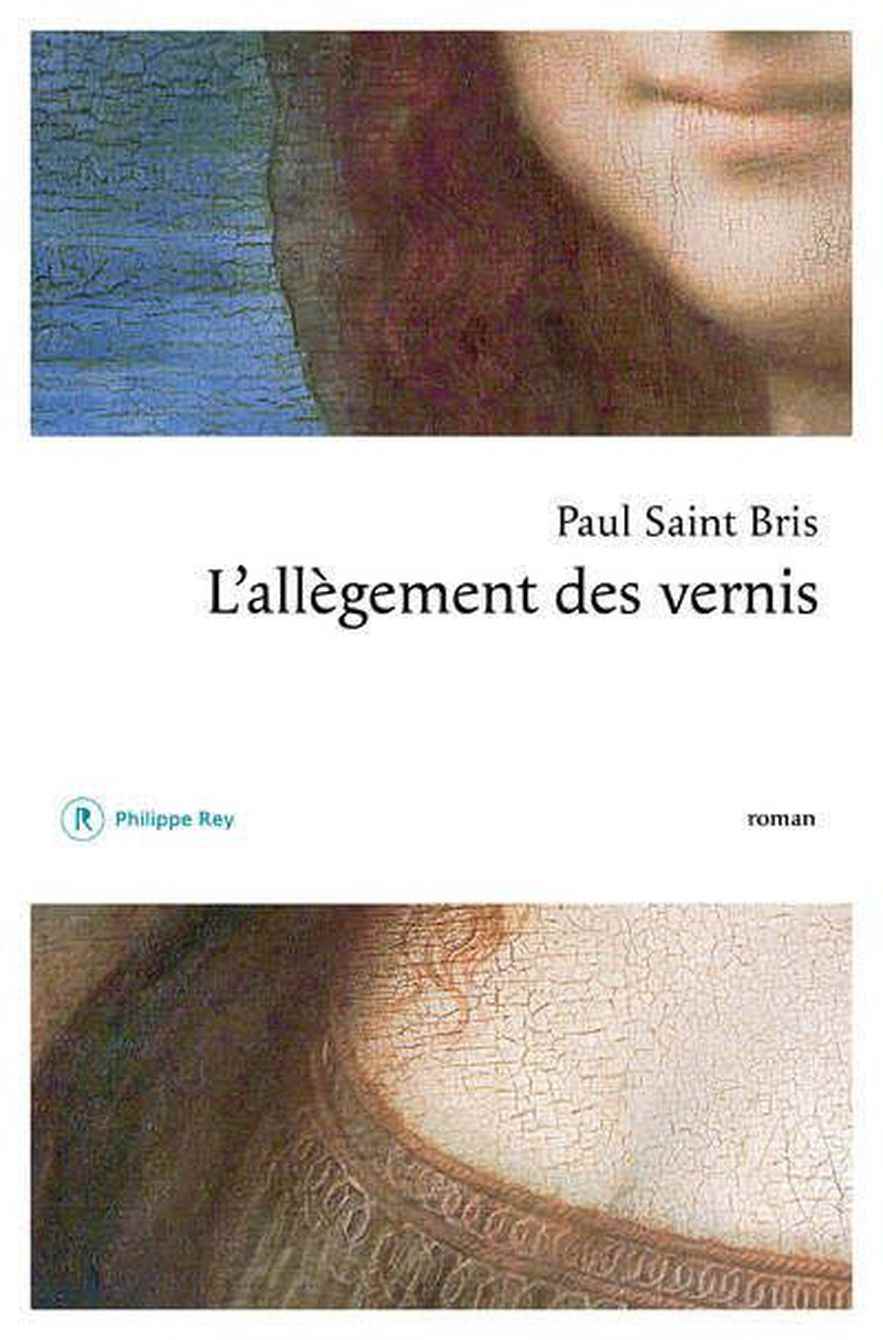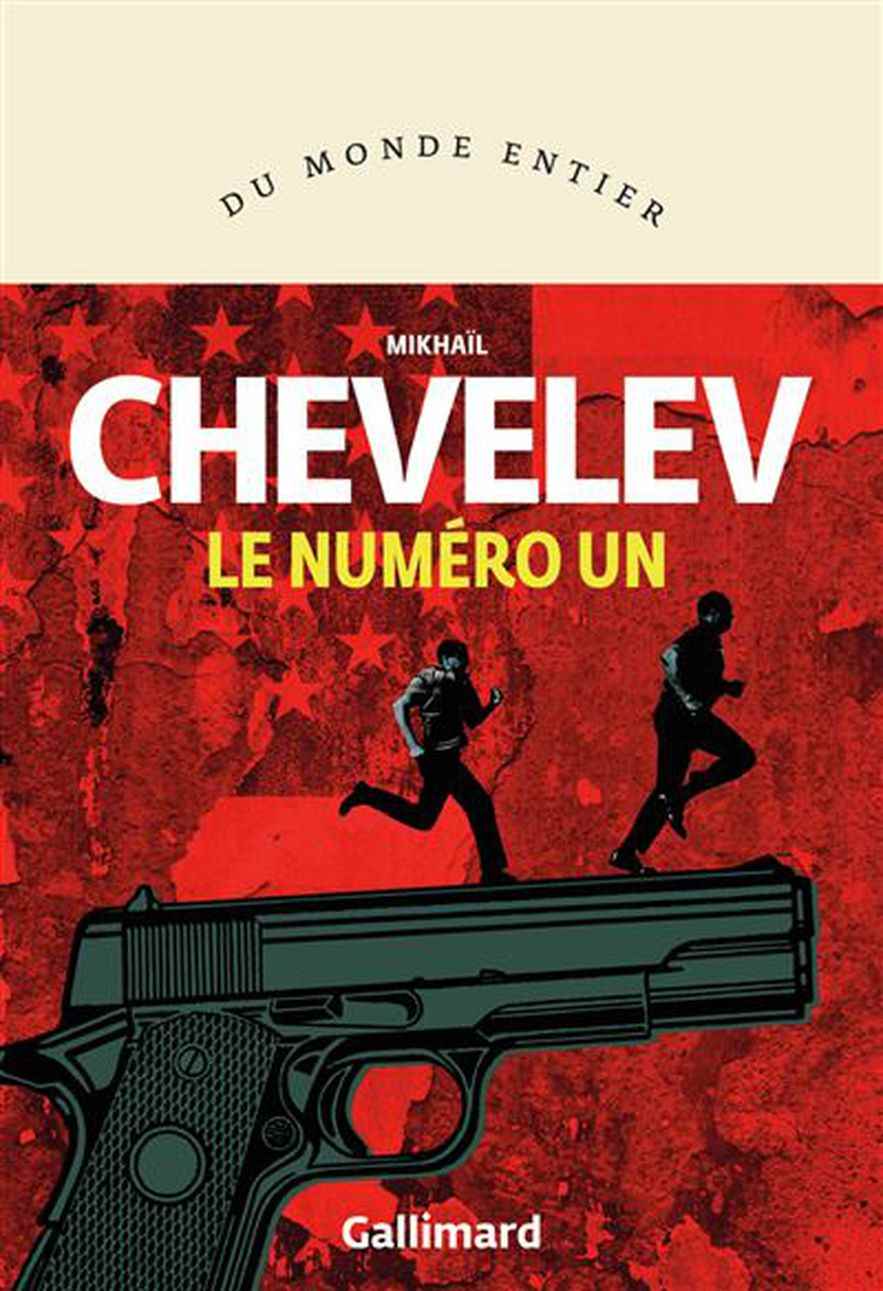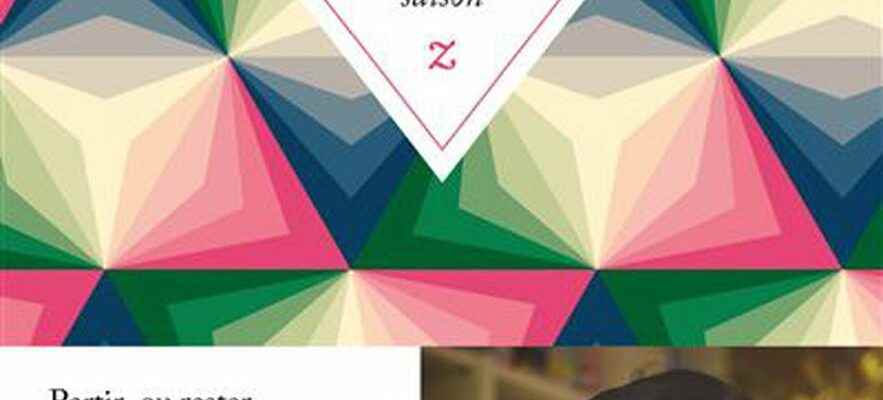Autumn is the last season
By Nasim Marashi, trans. Persian by Christophe Balaÿ.
Editions Zulma, 272 pages, €22.
The rating of L’Express: 4/5
Autumn is the Last Season By Nasim Marashi, trans. Persian by Christophe Balaÿ.
© / Editions Zulma
In Tehran, Leyla, Shabaneh and Rodja, three women at a turning point in their lives; the author invites us into two seasons, summer and autumn, of the lives of these young friends, who met on the benches of the University of Tehran and have remained united ever since. Each one wonders about the path to take in their existence, which can reconcile their intense search for freedom with the fatalities that constantly impose themselves on them. Should we leave to be free? Don’t we sometimes live in exile within our own country when the choices are limited? It is difficult not to be touched by the scope of this text when since September 2022 Iranian women and young people have been demonstrating against the restriction of their freedoms.
With subtle touches, the author Masim Marashi narrates the confinement represented by the condition of women in Iran. Three heroines who seem free and emancipated but who constantly see their momentum cut off in one way or another. Is it too much to ask?, the three heroines seem to wonder when they dream of a life where their desires for success will be fulfilled. It is only in the intimacy of feminine friendship that the extent of the pain can be expressed. This book, published in Iran in 2015, won the Jalal el-Ahmad prize, one of the most prestigious prizes in the country, and became a bestseller in his country. The always impeccable translation by the late Christophe Balaÿ transcribes the rhythm and musicality of the original language. This delicate, bittersweet book will leave a lasting mark on the minds of its readers. Hamdam Mostafavi
Varnish Lightening
By Paul Saint-Bris.
Philippe Rey, 349 pages, €22.
The rating of L’Express: 3/5

The Lightening of Varnishes By Paul Saint Bris.
© / Philip Rey
Have we really seen Mona Lisa ? Aurélien, director of the paintings department at the Louvre, is taken by the throat by various experts or so-called experts: more and more of them claim that the varnishes of the famous canvas have oxidized and yellowed, plunging it into darkness. . Isn’t it time to revamp the age-old Mona Lisa? For the director of the museum, always looking for a coup, it’s a godsend: she sees it as a thunder communication operation. And poor Aurélien, who had chosen a profession sticking to his conservative temperament, is responsible for supervising this revolution. Located between a gray Paris and a magical Tuscany, Varnish Lightening recounts his search for the one who will dare to retouch Mona Lisa – and all the jolts it causes in the art world. For the record, note that the author, Paul Saint Bris (nephew of the deceased Gonzague), comes from the family that owns Clos Lucé, the former residence of Leonardo da Vinci. The primo-novelist therefore did not choose his subject at random: he had it in his blood.
Varnish Lightening is a book with multiple facets: both painting of the very closed milieu of restorers of masterpieces, melancholic reverie of a man lost in his time, satire of the media and reflection on our relationship to images, it is also A suspense novel, with a breathtaking end. We will remain as mysterious as Mona Lisa and will not reveal any twists and turns. But let’s say that we will no longer go to the Louvre as before… Louis-Henri de La Rochefoucauld
The number one
By Mikhail Shevelev, trans. from Russian by Christine Zeytounian-Beloüs.
Gallimard. 178 p., €18.
Express rating: 3/5

Number One By Mikhail Shevelev, trans. from Russian by Christine Zeytounian-Beloüs.
© / Gallimard
Usually, Vladimir Lvovitch does not answer unknown numbers but he is bored that evening in Moscow and picks up the phone. At the other end of the line, a certain David Kapovitch, a young New Yorker of Russian origin, confides to him that he was disturbed by their resemblance in a photo: could it be that a bond of filiation exists? Lvovitch denies it, then plunges back into his memories and the USSR of the 1980s. He and his wife Yulia pull the devil by the tail, until a well-placed acquaintance offers him to work for a mysterious company, the Mont Rouge, which brews heaps of dollars drawn from activities of which it has only a vague knowledge. His lifestyle takes off and everything is going well until the day his employers ask him to develop the business in New York, with a wife and child. This is where the trap closes, where his condition as a pawn that can be manipulated at will bursts in his face.
Kafkaesque thriller in the mafia business of Russia in recent decades, The number one gives an idea of the dizziness of the condition of individuals tossed about in a system where rise and fall, survival and death depend on nothing. Or, in Vladimir Lvovich’s case, five tires. The ones he tried to sell on the black market one day in 1984 before being caught by a KGB captain – a trifle that would turn his life upside down and lead him, thirty years later, to try to fix what could be wrong. ‘be. A compact and gripping story, over which emerges a bittersweet irony, the one that proves necessary in order not to sink in the face of absurdity. Bertrand Bouard
